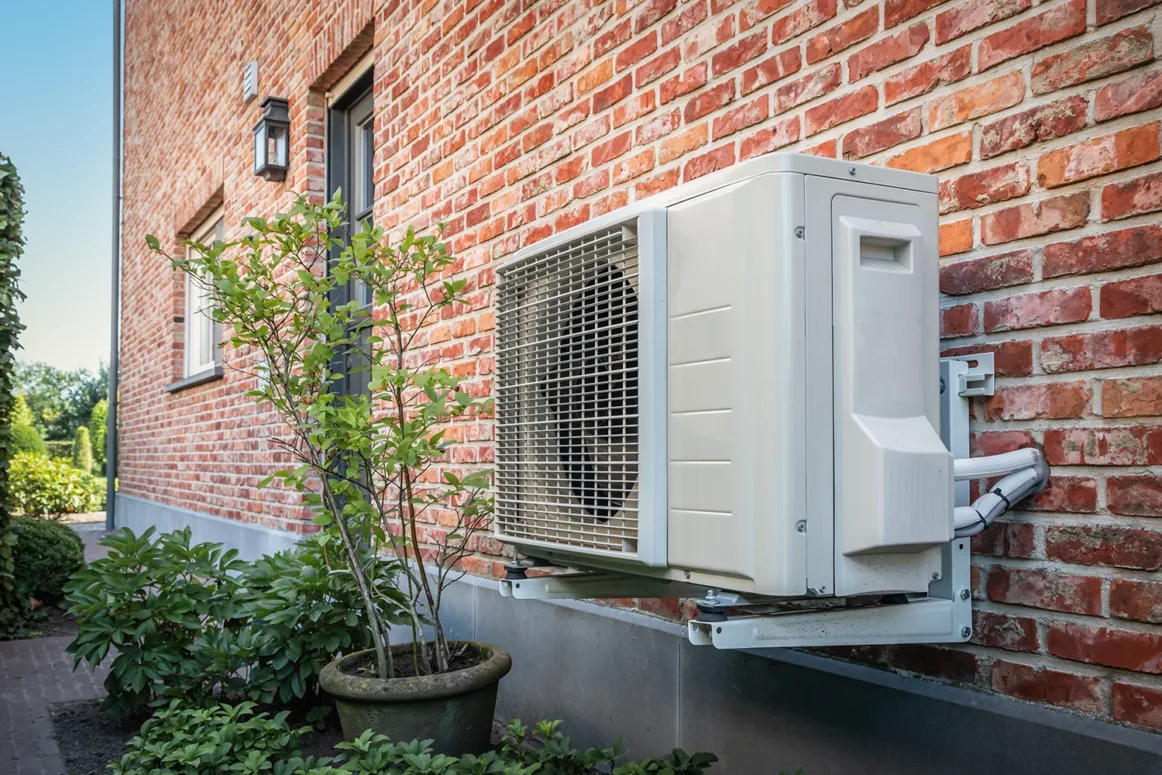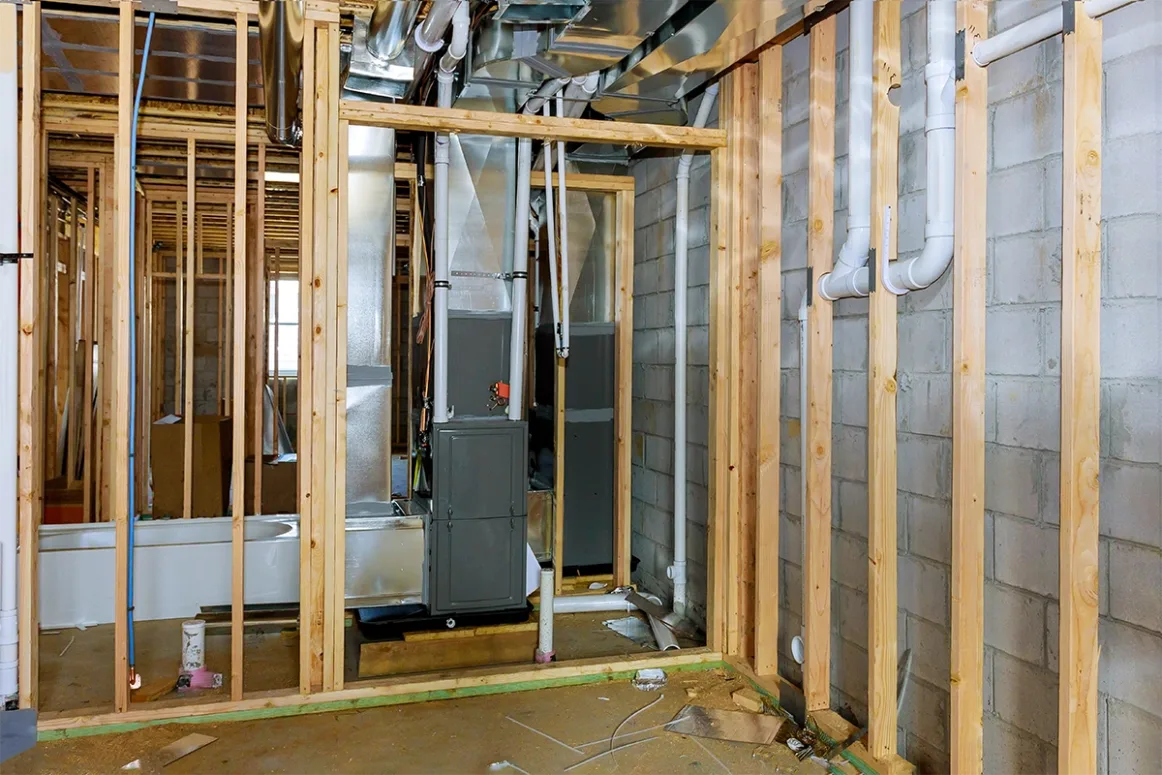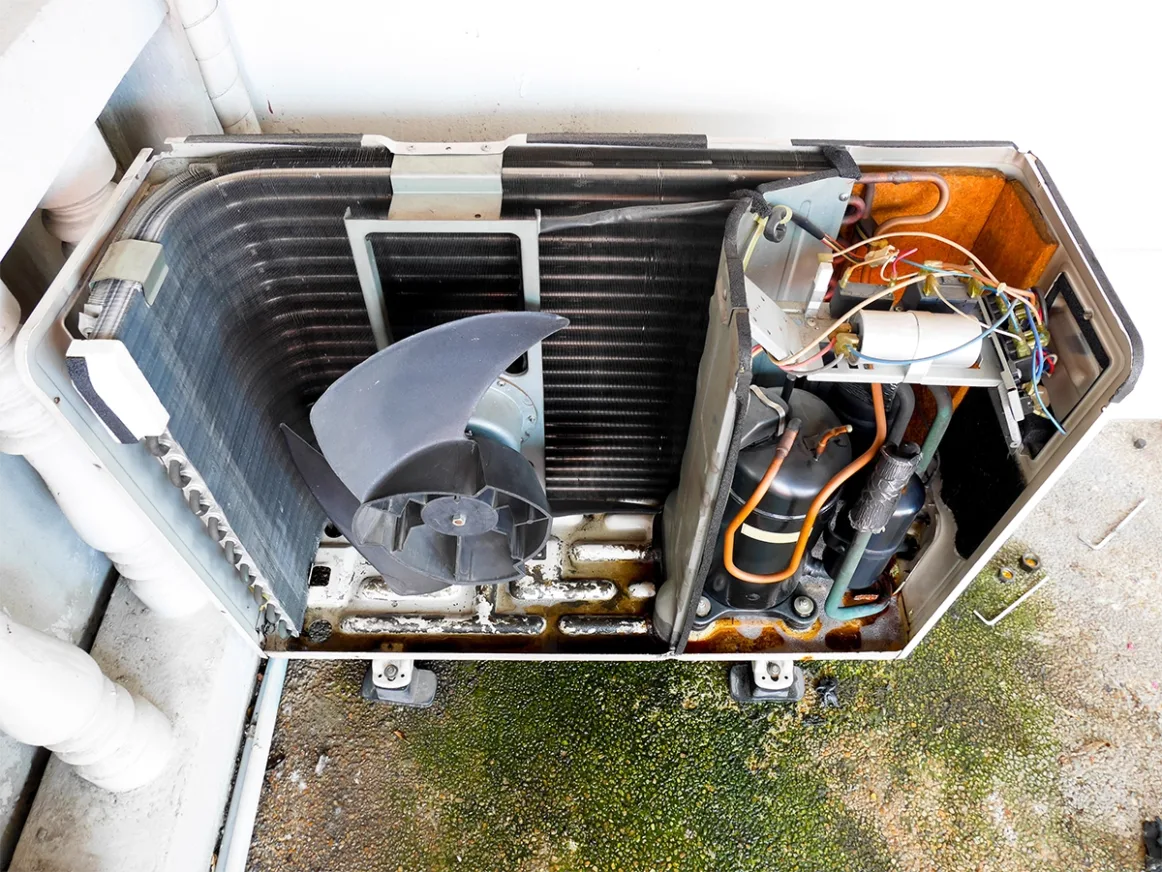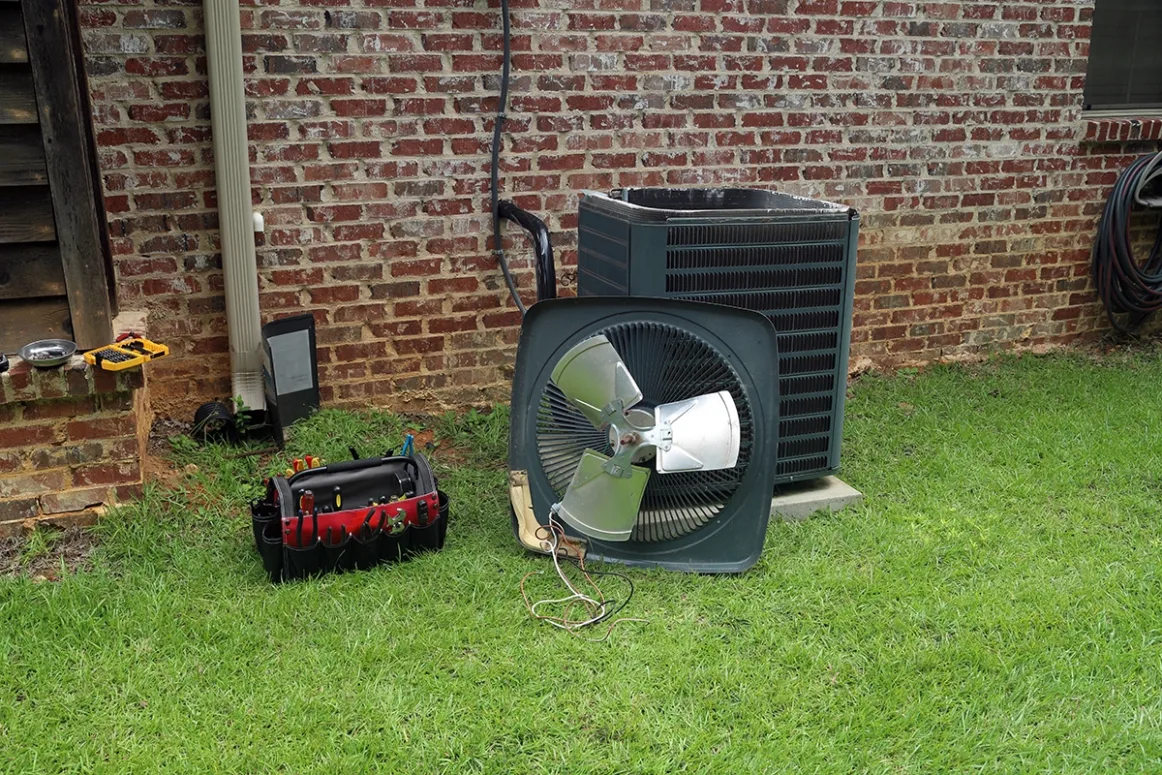
What is a Heat Pump? Key Facts You Should Know
What is a heat pump? HVAC systems are vital components in any household, making it essential for occupants to seek efficient heating and cooling alternatives. While many homes rely on traditional heating and cooling systems, newer options like heat pumps are becoming increasingly popular. Still, statistics of current-day homeowners indicate that more and more families see the advantages of installing heat pumps. The primary function of these systems is to transfer heat out and in the house, helping to eliminate the need for furnace and central air conditioning units, thus making them highly energy efficient. But precisely what is a heat pump, and how will it keep you comfortable in your household?
This blog will provide key insights into how it works and enhances comfort and energy efficiency in a given home context.
What Is a Heat Pump?
In essence, what is a heat pump? It is an HVAC system made up of two components that transfer heat from inside the house to the outside and reverse the process as needed. Instead of generating heat like electric heaters or furnaces, a heat pump works by moving heat from point A to point B, using a fundamental principle of heat transfer for greater efficiency.
How does it work? The heat pump uses a compressor and a refrigerant to extract heat from the air or ground surfaces and transport it to the area to be heated. During winter, for instance, some heat contained in the outside air is brought into the house to warm it.
There are a few types of heat pumps available, and they include the following:
- Air-Source Heat Pumps: The most widely employed type of air-source heat pump appears to be the one that uses heat from outside into a building. These are pretty flexible and have a respectable reach.
- Geothermal Heat Pumps: Ground-source heat pumps transfer heat from the house to the ground. They are advantageous, but installing them initially requires a considerable investment; thus, it is worthwhile in the long run.
- Ductless Mini-Split Systems: Mini-split heat pumps are particularly effective for homes without ductwork. They provide zoned heating and cooling that is easy to control and highly efficient.
Is It Right For Your Home?
If you are a homeowner, heat pumps would be a good investment as they make living spaces comfortable throughout the seasons.
-
Climate Control throughout the Year
What is a heat pump’s greatest advantage? It serves as both a heating and cooling system, eliminating the need for separate units in winter and summer. Instead of using an air conditioner in summer and a furnace in winter, a heat pump keeps your home comfortable year-round while saving space and reducing equipment and maintenance costs.
-
Applicable in Different Climatic Conditions
Heat pumps are versatile devices that are effective in many different climatic conditions. They can maintain your house’s environment even if you experience vast temperature changes. Most modern systems are designed to work even in cold regions, as technology has improved, allowing the systems to pull heat from outside air when the temperature is below freezing.
-
Highly Effective even in Non-Ducted Homes
If your house doesn’t have ductwork, you may think that only traditional air conditioners built into the window or wall can do the job. No. Even for non-ducted houses, ductless mini-split heat pumps are a practical option. These systems allow for adequate warmth and cooling without extensive renovations and allow different zones in the home to have different temperatures.
-
Little Efforts Required, Lifetime is Large
The lifespan of these heat pumps is also long, especially compared to the other existing HVAC systems. A heat pump under routine maintenance can last over 15 years. In addition, as a single unit can heat and cool, it’s easier to manage for maintenance.
Energy Saving Benefits
Here is a list of why more homeowners are switching to heat pumps. Other effective heating systems are mainly based on combustion or resistance. Heat pumps outperform these systems as they manipulate heat rather than create it, transferring heat from one place to another.
Here’s how heat pumps can reduce energy usage and reduce utility costs.
-
Reduced Energy Consumption
These heat pumps differ significantly from more conventional systems, like furnaces, electric heaters, or air conditioning, because they do not produce heat and use much less energy. The U.S. Department of Energy reports about air-source heat pump usage efficiency. It states that their usage allows nearly a 50% reduction in electricity use for heating compared to systems based on electric resistance systems like baseboard heaters or furnaces.
-
Lower Utility Bills
Many homeowners who have made the switch have noticed a reduction in their annual energy expenses, a saving you could enjoy if you choose a heat pump for your home.
All In All
A heat pump is a practical solution designed for effective heating and cooling your house or property throughout the year. Besides aiding one in cutting down on energy bills, such a device also improves comfort levels in the home environment while enabling better choices for the world’s environment. For any work related to installing, maintaining, repairing, or replacing your heat pump, always call Russell Heating and Air; they are dependable and skillful in all your HVAC needs, from repair to installation replacement and maintenance.





